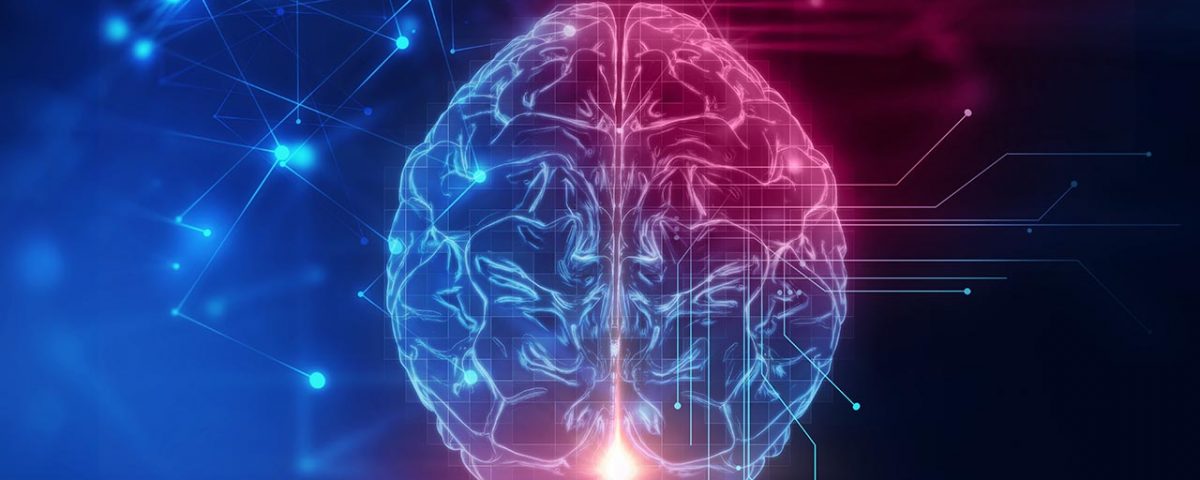Addiction is a disease involving reward systems within the brain.
There are physical and neurological mechanisms of addiction that make recovery challenging, but not impossible. At Banyan Heartland, the team at our addiction treatment facility in Illinois understands how difficult it can be to get sober. Part of these challenges arise from the neurobiology of addiction, where crucial systems within the brain are altered by addiction.
Still, recovery is possible, and help is out there. Contact our Banyan Heartland team for help in fighting addiction and finding sobriety.
How Addiction Affects the Brain
When you take a drug, it acts on systems within your brain to produce the desired effect. For many drugs, this involves flooding your brain’s reward center with dopamine, creating a pleasurable feeling. Other drugs may dull the central nervous system, creating a calming feeling.
No matter the mechanism within the brain, your neurons are watching and making note. As Harvard Health puts it: “The hippocampus lays down memories of this rapid sense of satisfaction, and the amygdala creates a conditioned response to certain stimuli.” [1] This means that users subconsciously remember how good the drug made them feel and actively crave it, especially when triggers are present.
For someone who begins using drugs or alcohol before the brain is finished forming, typically before the age of 25, the effects are even more serious. Substance abuse at a younger age, as in adolescence, may influence the crucial neural networks and pathways the brain is still forming. This means that binge drinking in adolescence may set the groundwork for alcoholism later in life given that the neural rewards and desires for alcoholism are laid at this younger age. [2] Substance use in adolescence may increase a person’s likelihood for addiction in adulthood.
Fighting Addiction and Getting Sober
Though the science shows how powerful the mechanisms of addiction within the brain can be, recovery is still possible. Professional programs for drug and alcoholism treatment in Gilman make it possible to address all causes of addiction, giving patients the tools needed to build lasting sobriety.
Understanding part of the science behind addiction empowers those in need of help to take control and rewrite their stories. Sobriety is waiting.
Call 888-280-4763 to get professional help for overcoming your addiction.
Sources:








